Table of Contents
Outside of motor vehicle accidents, falls are one of the leading causes of serious injury and death in Florida. Many of these falls can be avoided and only occur because of another party’s negligence.
Property owners must keep their premises free from hazardous conditions. If they or a third party neglected to maintain the property properly and you were hurt as a result, they may be held liable for your injuries.
Whether your injuries were minor or severe, it’s best to seek legal advice about your options. Reach out to a Lakeland slip and fall lawyer at Kogan & DiSalvo to learn how we can help you win the compensation you deserve for your injuries.
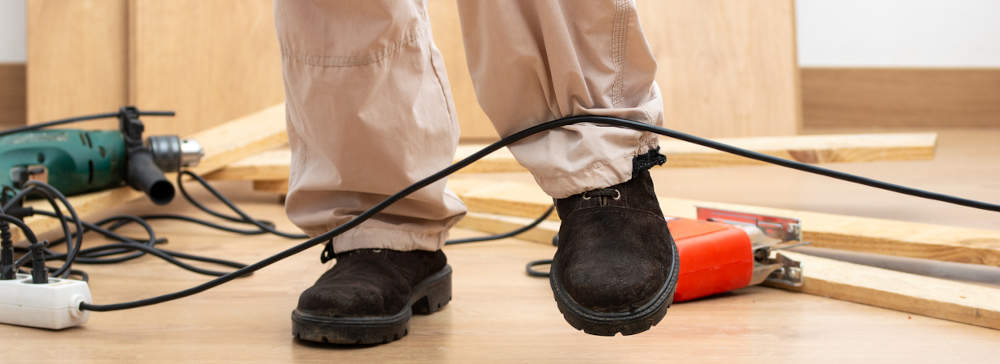
Many of the primary causes of slip and fall accidents relating to property owner negligence result from a lack of basic maintenance of the premises. Remember that you must prove the property owner should have known that the lack of maintenance or upkeep led to a dangerous condition.
Here are some common culprits for slip and fall accidents:
When it comes to wet floors, there is a caveat. Wet floors are a frequent cause of slips and falls in supermarkets, restaurants, and other areas where food is kept or served. If the property owner knew the floor was wet but did not put out warning signs or block off the area, they may be held liable for your injuries.
However, if the floor got wet and the slip and fall happened nearly simultaneously, the owner may not have known or had the time to correct the hazard.
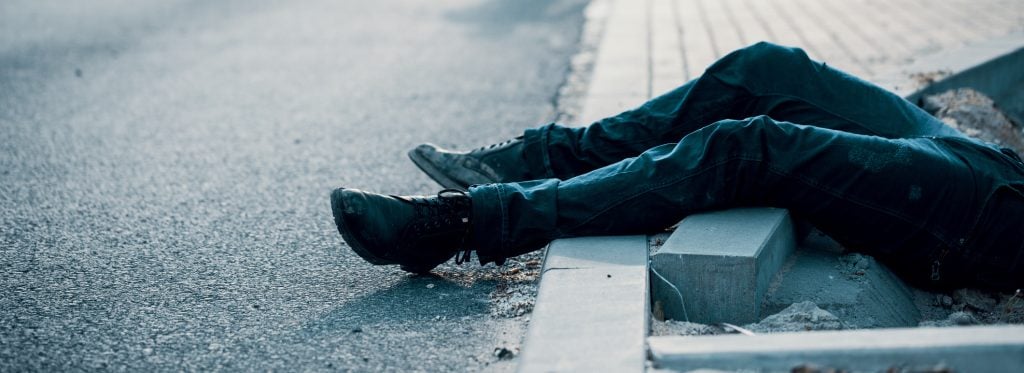
Common slip and fall injuries include:
In a worst-case scenario, the slip and fall victim succumbs to their injuries.
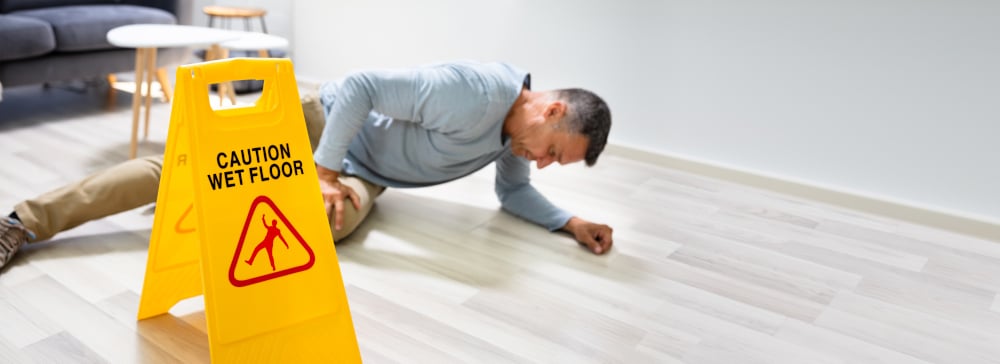
A Lakeland slip and fall lawyer investigates your case thoroughly. To prove your slip and fall case, we must prove that the property owner or manager breached their duty to keep their premises safe. We must show that the owner or manager knew, or should have known, that there was a hazardous situation on the property, and that situation led directly to your slip and fall.
We will gather evidence, interview eyewitnesses, and review medical records. The goal is to prove that the defendant was aware of the property’s defect yet did nothing to ameliorate it. We must show that the condition was apparent for a long enough period of time so that any reasonable person would have fixed it or posted signs warning of the hazard.
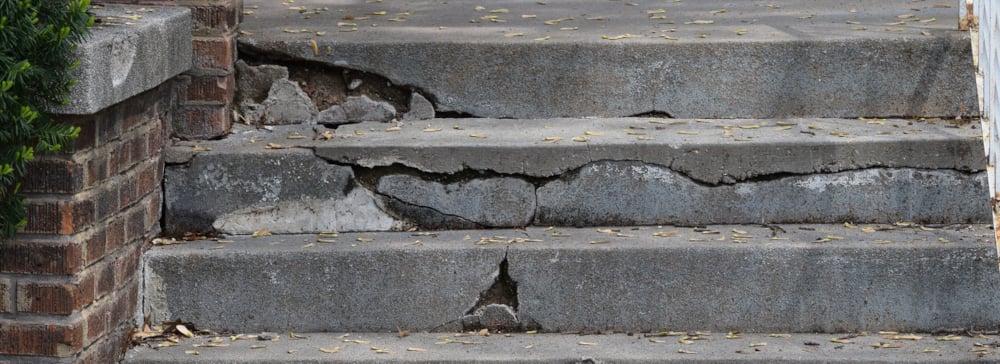
The statute of limitations for filing a Florida personal injury lawsuit that occurred on private property is generally two years from the date of the accident. After that deadline, the court will not hear your case.
If your family member died because of a slip and fall, the personal representative of the estate must file a wrongful death lawsuit within two years of the death date.
If the accident occurred on public property, the statute of limitations is much shorter. You must file a notice of complaint within six months of the incident.
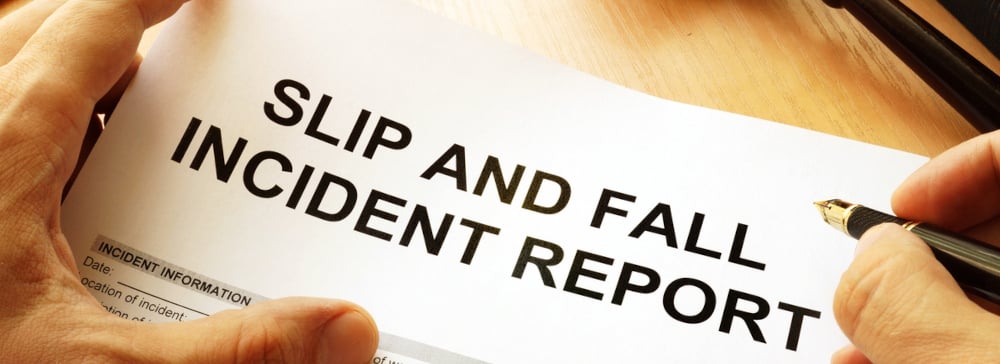
In a slip and fall claim, it is not enough that you hurt yourself by tripping or falling on someone else’s property. You must provide evidence that a hazardous condition existed. If you are able, take photos of the accident scene right away. While gathering evidence quickly is crucial in any personal injury claim, it is especially important in many slip and fall cases due to the nature of such accidents.
For example, if you slipped and fell because debris was left in a walkway, that evidence can be removed in seconds. The same holds true if you slipped on a torn carpet. The property owner could simply remove the carpet and you have to be able to prove it was there.
If there are eyewitnesses, obtain their names and contact information. If possible, write down or record what happened right away while the incident is still fresh in your mind. Note what you were doing beforehand and any specifics that might be important in validating your claim.
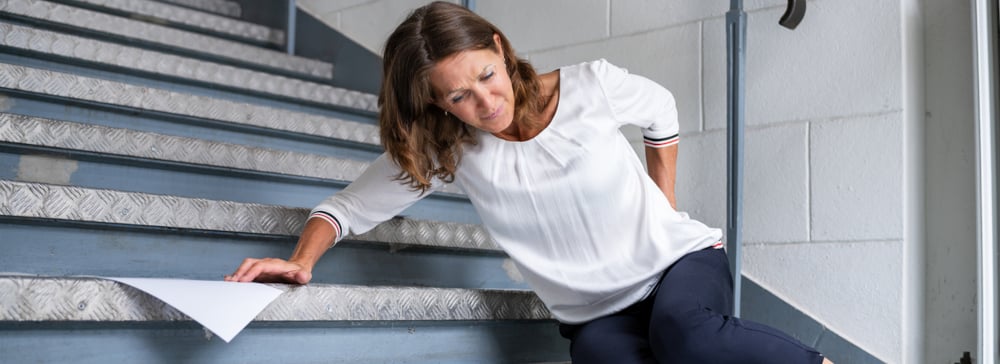
Besides gathering evidence, you should report the accident to the property owner or the manager of the store, restaurant, or other place of business.
Always seek prompt medical attention after a slip and fall. While not all injuries are apparent right away, waiting too long to see a doctor will harm your claim. Even if you initially think your injuries were minor, have yourself checked out at an urgent care facility. That way, there is a record of your obtaining medical care even if the more severe consequences of your fall do not appear for several days.
Following your doctor’s orders is imperative. Deviating from your medical treatment in any way, such as not attending appointments, will affect your claim negatively.
Be sure to consult a Lakeland slip and fall attorney as soon as possible. Waiting too long can mean that valuable evidence vanishes.
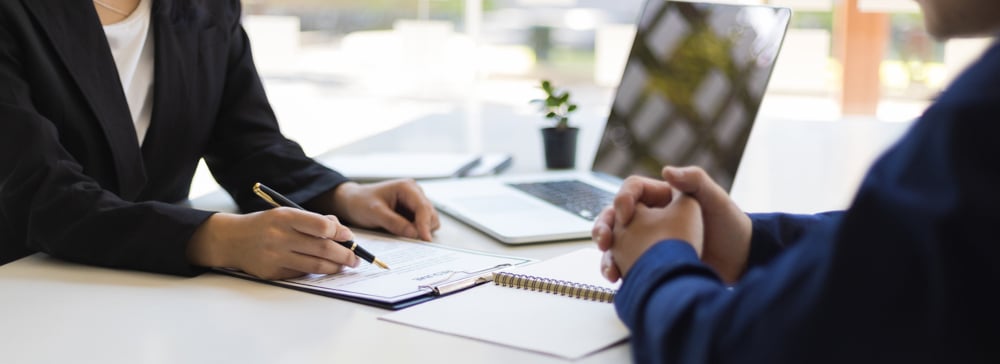
A Lakeland slip and fall lawyer will negotiate with the property owner’s insurance company. After gathering sufficient evidence to support your claim, your lawyer drafts a demand letter or the formal request for payment for expenses relating to your injury.
The demand letter outlines the entire incident and why the property owner was negligent and responsible for the slip and fall. All related damages, such as medical costs, lost wages, and pain and suffering, should be included.
If the defendant or their insurance company denies your claim or refuses to make a fair settlement, you can then decide whether to file a personal injury lawsuit.
Keep in mind that a tort reform bill signed into law by Governor Ron DeSantis in 2023 changes certain premises liability conditions in favor of the property owner. When it comes to negligent security claims resulting in an injury, owners of multifamily residential properties may no longer find themselves liable if they comply with specific requirements.
Amongst these requirements include installing security cameras facing every entrance and exit with a minimum of 30 days of recorded footage, as well as sufficient lighting in parking lots, walkways, laundry rooms, and common areas from dusk until dawn.
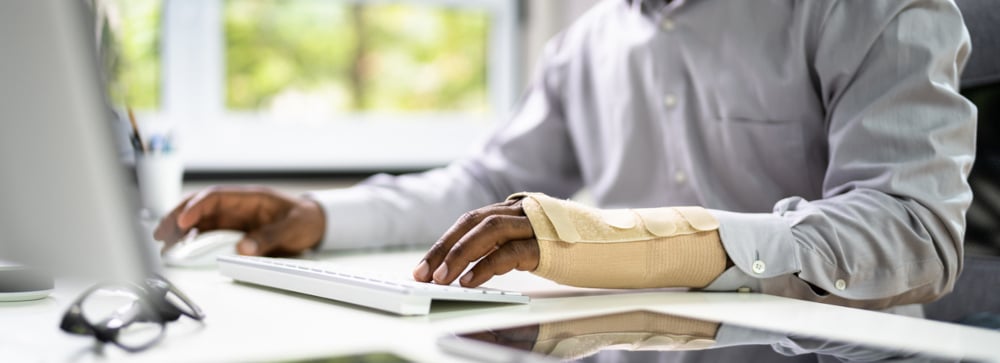
The start of a slip and fall accident lawsuit in Polk County begins with the filing of a complaint in civil court. The complaint describes in detail all of the allegations against the defendant. The complaint is then served on the defendant, so they are on notice that the lawsuit is filed.
They have a certain amount of time to prepare and answer the complaint in a response. Failing to respond within a particular timeframe can mean the defendant is considered in default, which generally means they have lost the case.
However, most defendants will file a response but are likely to deny the serious allegations and that they are responsible for the plaintiff’s injuries.
What follows next includes the discovery phase, in which both sides attempt to learn as much about what happened and who was at fault as possible. This involves depositions, or testimony under oath, and interrogatories— a list of questions that must be answered in writing while under oath.
The entire process can take a few months to a year or more.
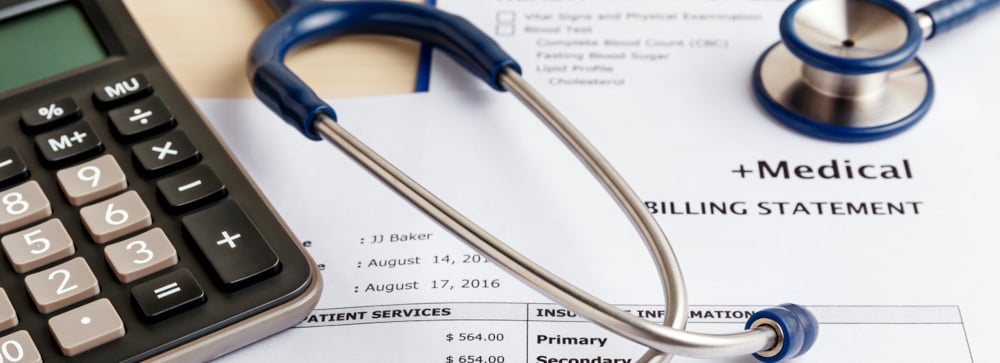
In slip and fall cases, it is not unusual for the plaintiff to be held partly responsible for the accident. For instance, a judge or jury may find that the person was wearing inappropriate footwear for the situation or that they were on their phone and not paying attention to where they were going.
Florida operates under a modified comparative negligence system. This is also referenced as contributory negligence. If a plaintiff is determined to be less than 50% responsible for their injury by a judge or jury, they may still receive compensation. However, their award is reduced by their percentage of fault. So, if a jury decides you were 20% at fault for your injury, your award is reduced by that percentage, meaning you would only receive 80% of your total payout.
Compensation for a slip and fall accident may include:
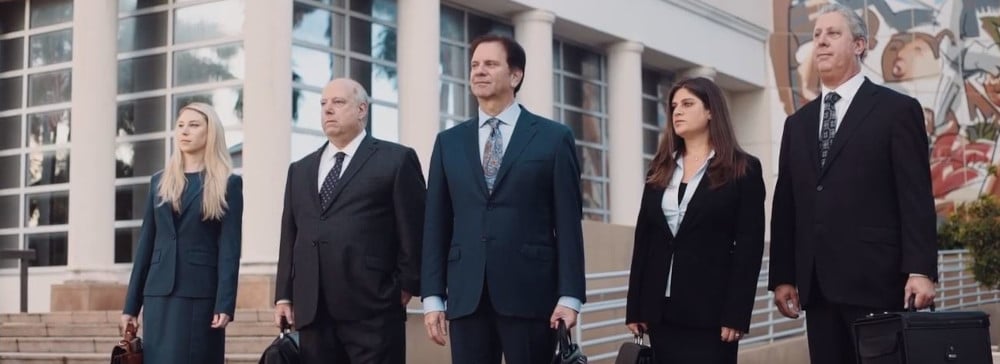
If you or someone you know has been injured in a slip and fall accident due to another party’s negligence, contact a Lakeland personal injury lawyer at Kogan & DiSalvo today and schedule a free, no-obligation consultation.
Since we work on a contingency basis, you pay no fee unless you receive compensation. While most slip and fall cases are settled, we will take your case to trial if the insurance company fails to agree to a reasonable settlement.
If you are injured and unable to come to us,
our attorney will come to you - there is no charge for us to do so.